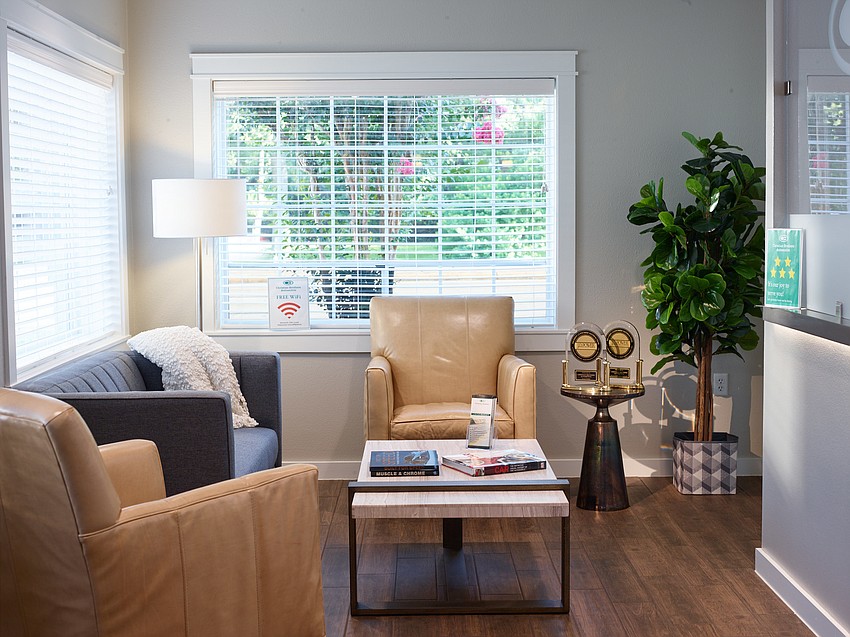The company’s marketing campaign might have been a dud.
Elon Musk, Tesla’s head honcho and social media poster extraordinaire, has been known to hype up the capabilities of the so-called “Full Self-Driving” feature that can be activated on certain Tesla EVs.
At one point, he said that the price of the advanced driving assistance system (ADAS) “will increase proportionately to its value,” implying that current prices will be “temporarily low.” But that hasn’t happened yet. Furthermore, the cost of FSD has actually gone down, and Tesla tried its hand at increasing the number of paying customers by offering a one-month free trial of the feature. That experiment, however, seems to have been in vain.
FSD woes
Tesla’s so-called “Full Self-Driving” driving assistance system has long been Elon Musk’s not-so-secret card in trying to convince the public to buy a Tesla EV. And while many use it regularly, others aren’t convinced that the option’s hefty purchase price is worth it.
According to YipitData, the percentage of Tesla owners who trialed the latest version of FSD on their cars and ended up paying for it was just 2%. Moomoo Technologies (yes, we know, Yipit and Moomoo) writes that out of the nearly 3,500 owners who tried the service, only about 50 trials converted into FSD purchases or subscriptions.
It’s unclear if the number of customers in this dataset represents the entire fleet of Tesla vehicles running the 12.3 version of FSD in the United States. In total, there are roughly 1.8 million Tesla users in North America, so the subset might leave out a big chunk of the owners.
Nevertheless, it provides some valuable insight into the users’ willingness to pay $8,000 for a feature that’s still considered a Level 2 system on the SAE chart, meaning the driver is still responsible for driving. Previously, FSD had a purchase price of $12,000. Meanwhile, the monthly subscription price went from $200 to $99.
The latest version of FSD, 12.3, has been touted as being the closest thing to human-like driving, but it wouldn’t be the first time Tesla’s CEO used his X account to draw people into the idea of self-driving. He also invited competing carmakers to license the tech behind FSD, but as of today, that invitation received exactly zero responses.

